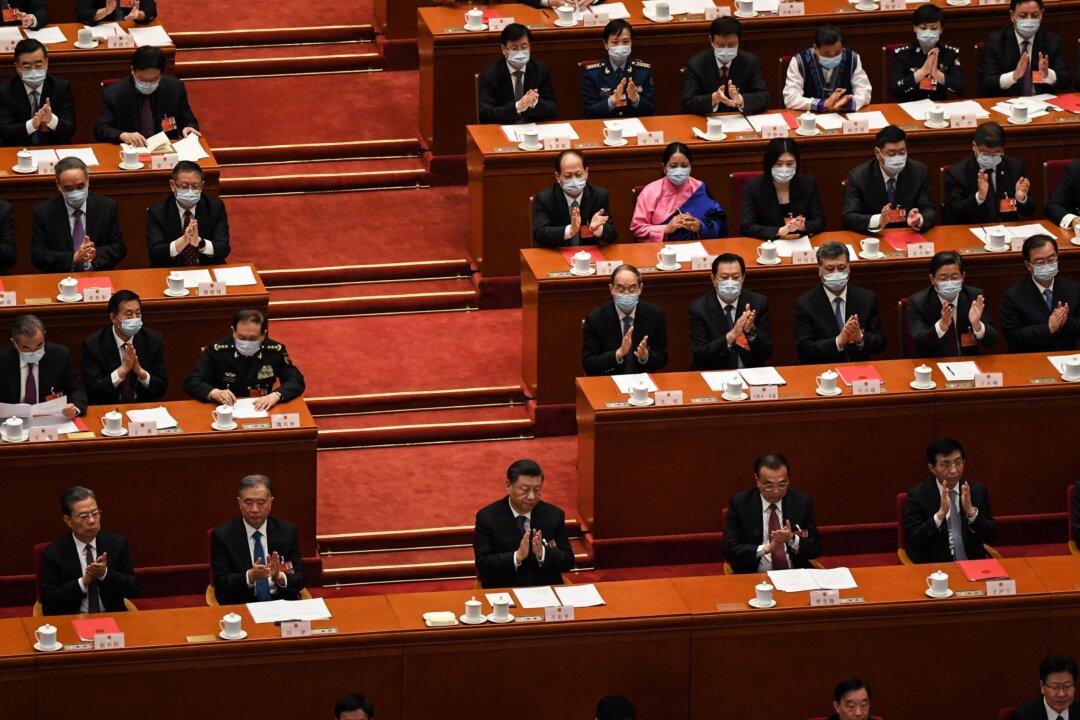Commentary
Social and environmental costs have long taken a back seat to the Chinese leadership’s drive for national economic and technological development. But now the leader of China is seeking a third term. Has he earned it?

Social and environmental costs have long taken a back seat to the Chinese leadership’s drive for national economic and technological development. But now the leader of China is seeking a third term. Has he earned it?